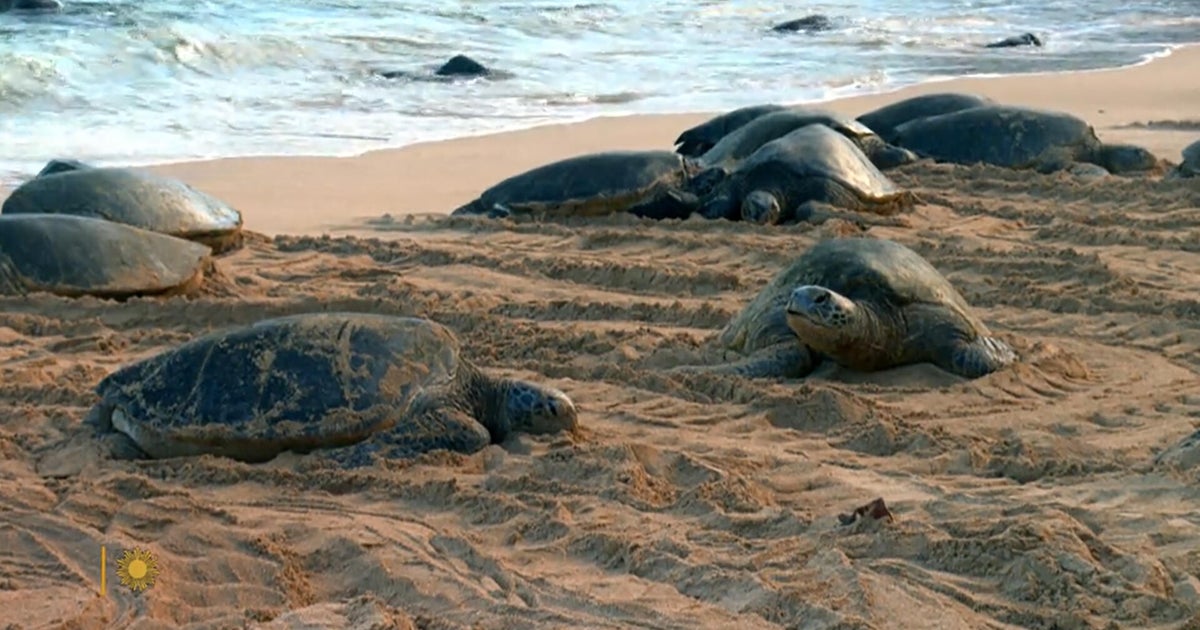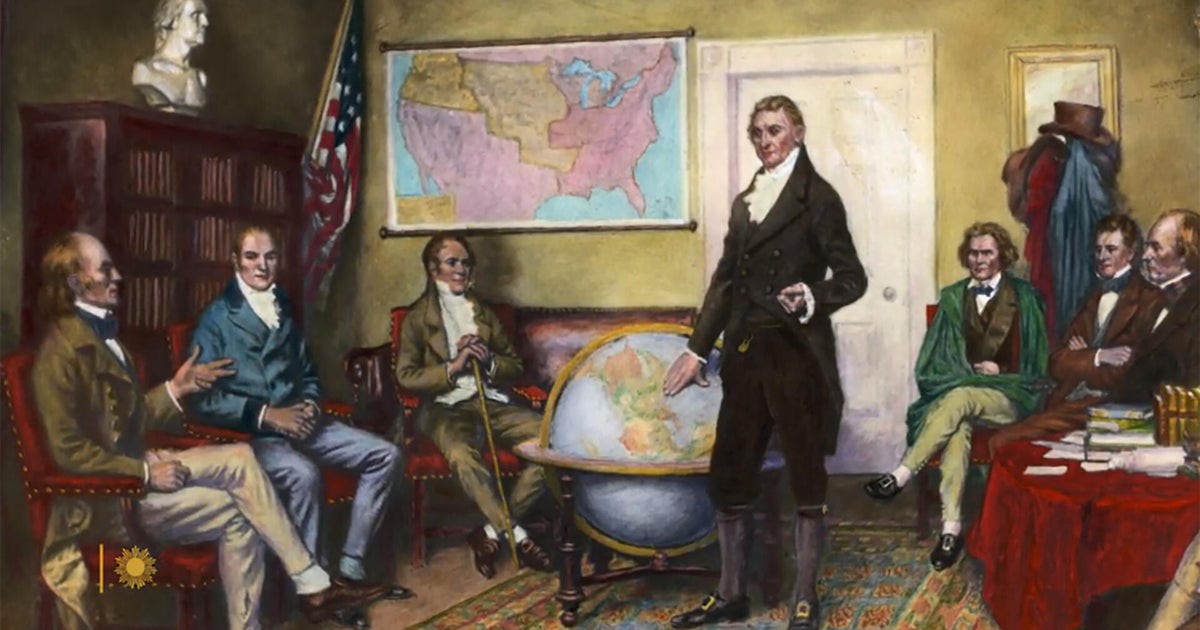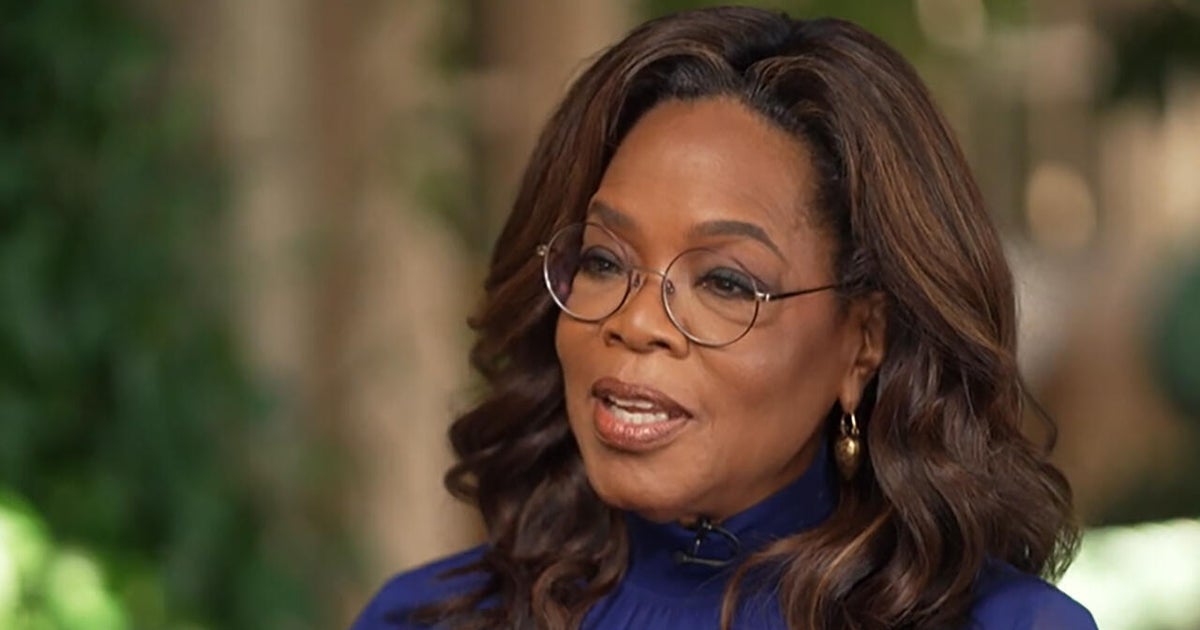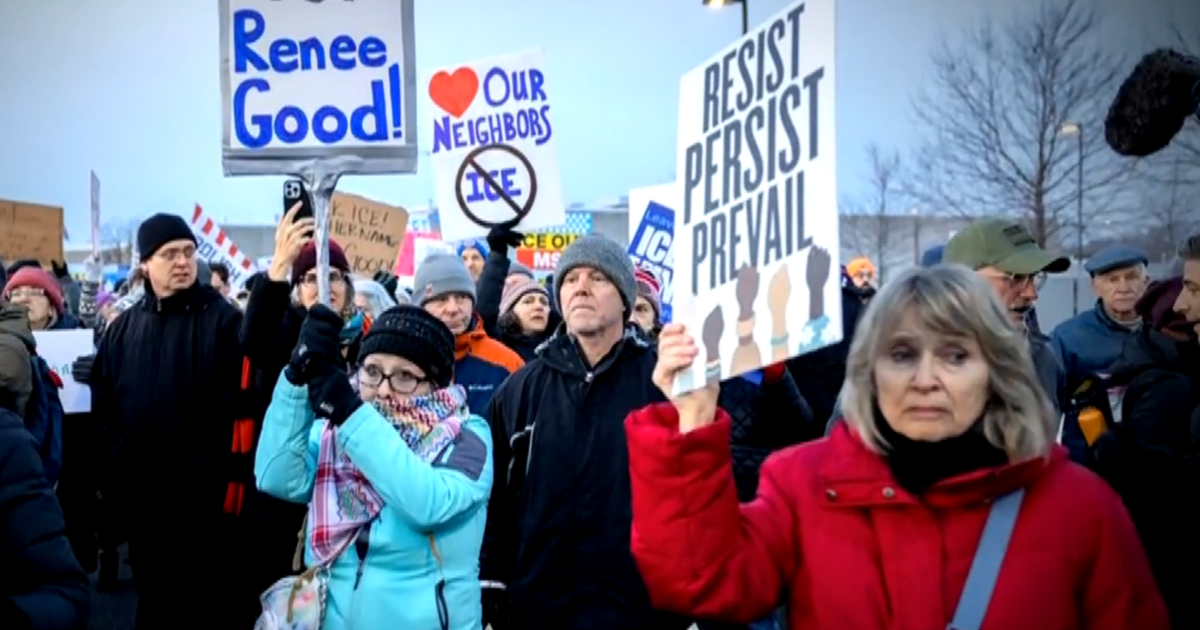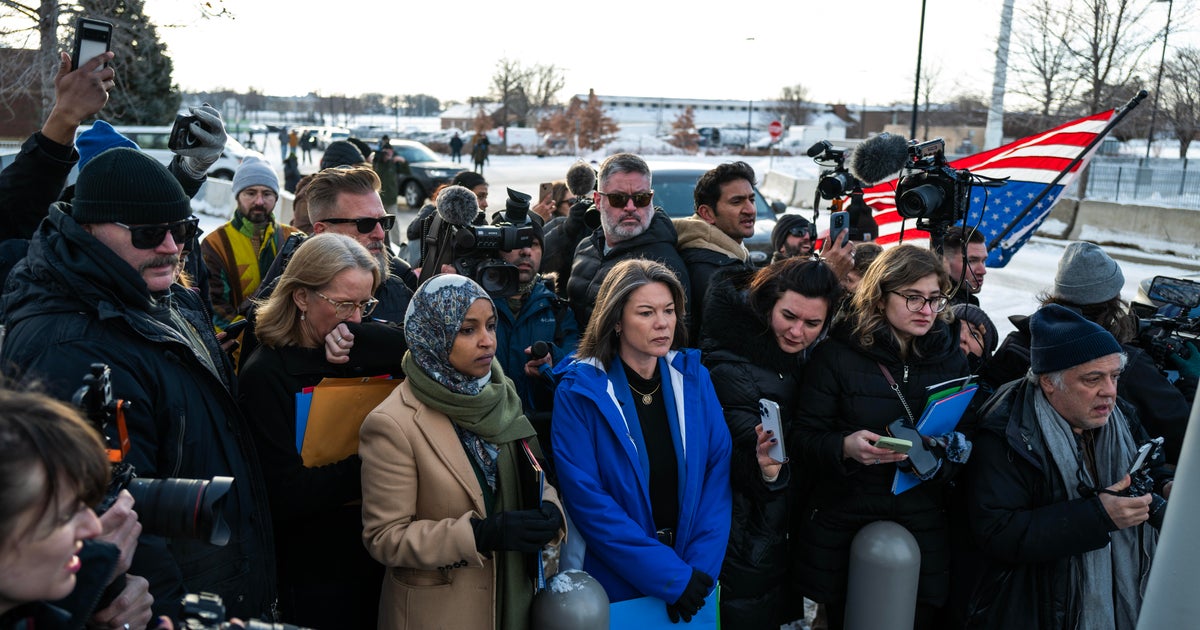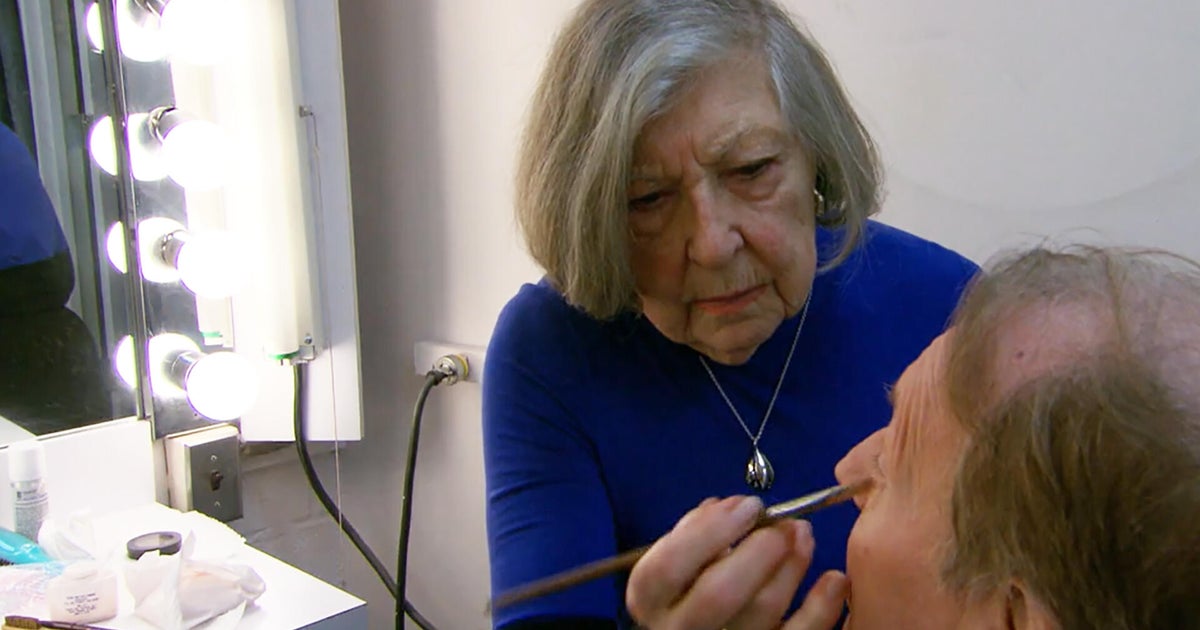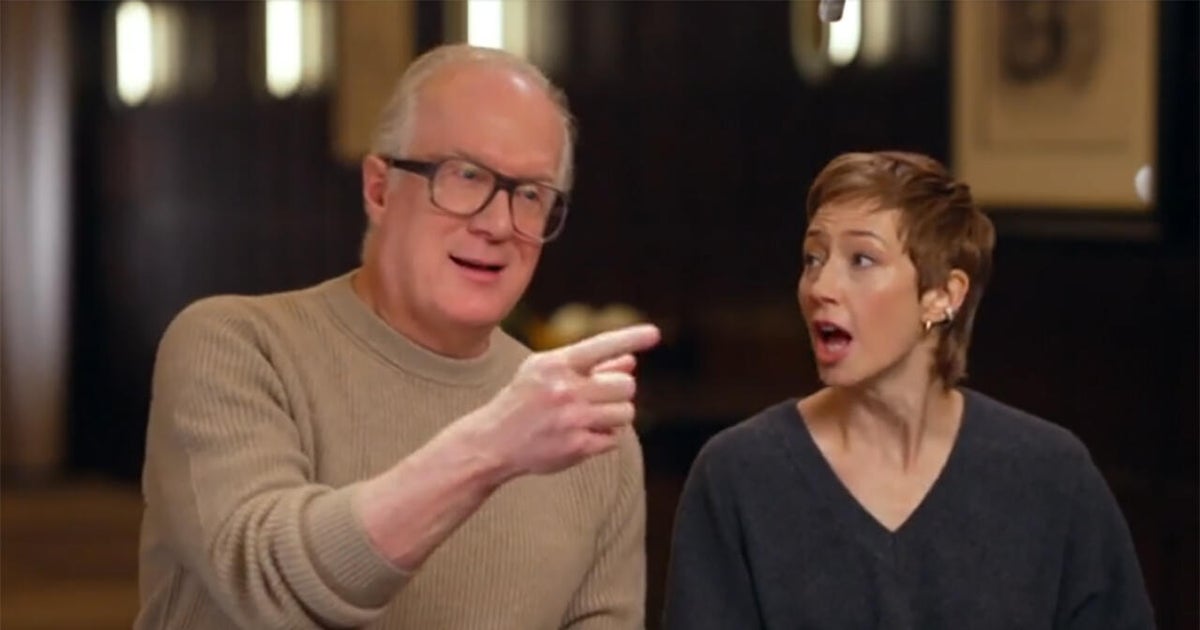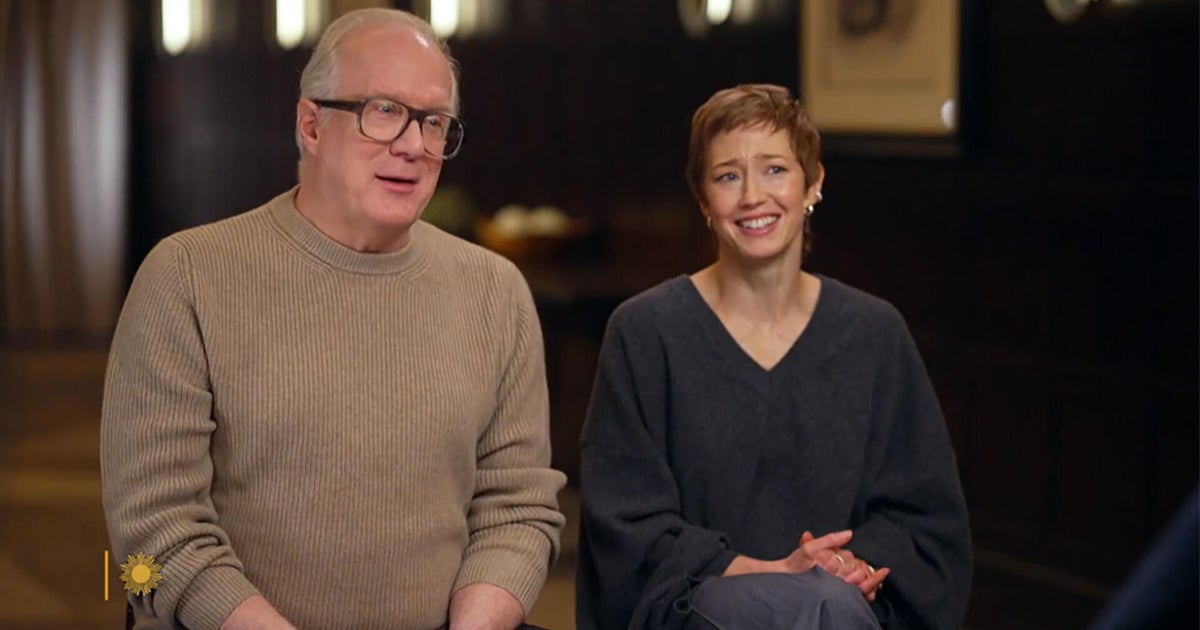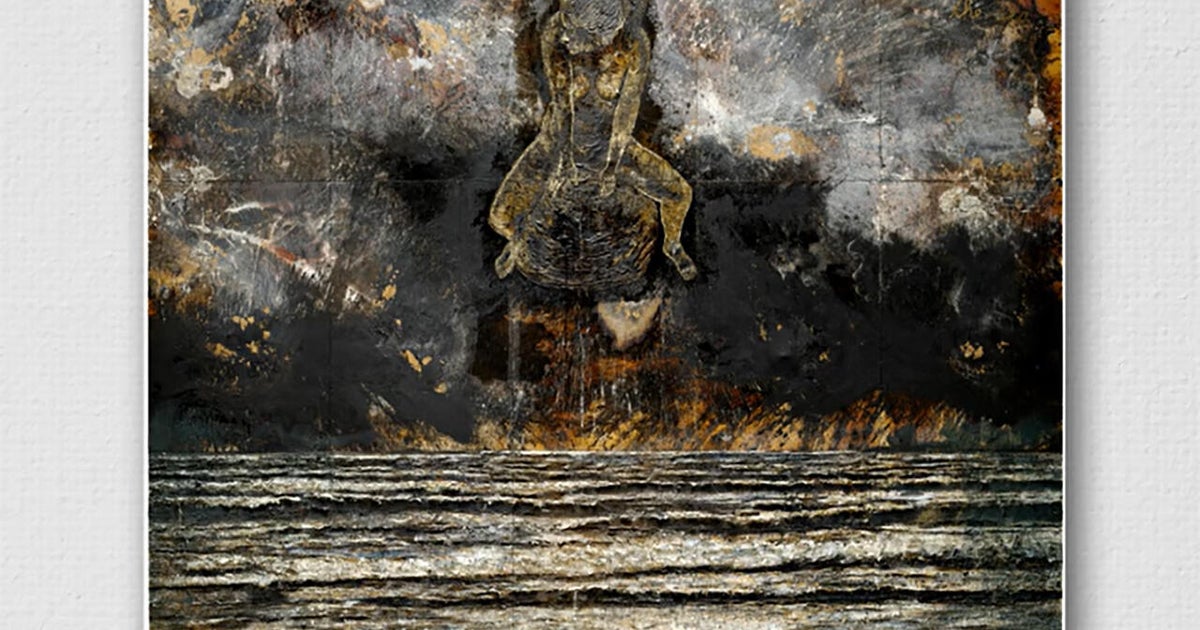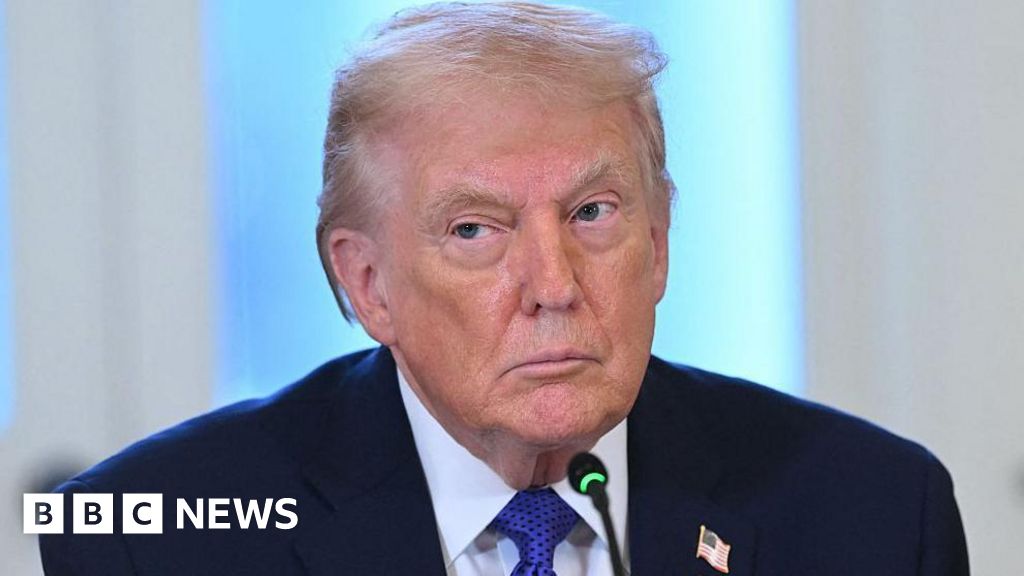By Madison Malone Kircher
September 16, 2025 — 2.51pm
In the aftermath of the assassination of Charlie Kirk on Wednesday, Broadway star Kristin Chenoweth was among thousands of people who left a comment on an Instagram post from the young conservative commentator, to put their thoughts and feelings about his death into words.
“I’m. So. Upset. Didn’t always agree but appreciated some perspectives,” Chenoweth wrote, according to screenshots circulating widely on social media. “What a heartbreak. His young family. I know where he is now. Heaven. But still,” she added, including a red broken heart emoji.

Some fans of Kristen Chenoweth threatened to boycott her upcoming Broadway musical.Credit: John Russo
Some of Chenoweth’s fans were surprised to see this response from the Tony Award winner, who had urged her followers to vote for Kamala Harris in the 2024 election and has a large fan base among the LGBTQ+ community for her starring roles in musicals such as Wicked.
In the comments section of Chenoweth’s own Instagram, social media users criticised the actor for praising Kirk, who had a history of making disparaging remarks about gay, black and Jewish people, among others. Some Chenoweth fans threatened to boycott her upcoming Broadway musical, The Queen of Versailles, while others made dark jokes referring to the song No One Mourns the Wicked, the opening number Chenoweth sang as Glinda on Broadway.
In our internet age, online spaces are where many people go to process tense national moments. They are also where others go to pick apart one another’s reactions, assessing them for moral and political correctness. That dynamic has been amplified by the death of Kirk, who was beloved by many on the right for his socially conservative views and his speaking and debating gifts, and reviled by many on the left for comments such as calling the Civil Rights Act of 1964 a “mistake” and encouraging supporters to report professors they suspected of embracing “gender ideology”.
Is expressing sadness or sympathy for Kirk and his family the same as a de facto endorsement of his views? On social media, this is one debate that has raged on in the days after his death.
“Social media is a place of identity signalling,” said Alice E Marwick, director of research at the nonprofit organisation Data & Society who studies the political and cultural implications of online platforms. She described similar situations online where people revealed their own views and feelings, sometimes to the surprise of their followers, during historical moments including the pandemic, landmark Supreme Court decisions and Black Lives Matter protests.
Across the political spectrum, in regard to Kirk’s death, Marwick said, there was “no way to talk about this issue without upsetting somebody.”
Quinnsleigh Raines, 26, said Chenoweth’s words about Kirk felt “backward and contradictory to things she has said in the past”.
Raines, who was among the commenters who flocked to Chenoweth’s feed to express their disappointment with her, questioned the sincerity of Chenoweth’s previous statements on political issues.
Loading
“Was she being inauthentic because she knew her fan base was mostly comprised of people who would align with the things she was saying?” Raines said in an interview.
Actor Selma Blair was another prominent figure who received backlash for her apparent comments on one of Kirk’s recent Instagram posts. “This incredible man. Who would go into the cauldron of indoctrination. And use logic to have dialogue,” Blair wrote. “I am sick for his family. For all of us.”
As they did with Chenoweth, some social media users have since left critical comments on Blair’s Instagram posts. (She has since turned off comments on her most recent post.)
Representatives for Chenoweth and Blair did not reply to requests for comment.
Kristyn Little, 43, said it was “disappointing” to see the comments from the actors, describing herself as a fan of both Blair and Chenoweth.

Speaker of the House Mike Johnsone addresses a memorial and prayer vigil for Charlie Kirk.Credit: AP
“You just have to kind of distance yourself and understand that they’re not the people they play on television and in movies. They’re humans as well,” Little, who lives in Ontario, said in an interview. “But sharing things like this when you’re a public figure – I wouldn’t do that personally.”
In the aftermath of the fatal shooting, content from those mourning Kirk as well as posts praising his work were regarded with suspicion by some social media users. It seemed that posting anything – prayers for his family, gratitude for his political work, condemnation of his ideologies – quickly became a sort of litmus test.
Loading
While Kirk’s detractors criticised statements like Chenoweth’s, others who supported him were heartened to see such posts. Meanwhile, those who posted about their unwillingness to mourn his death have faced flak, too, and even threats.
“Anyone celebrating this has lost their own humanity,” Ali Tate Cutler, a content creator based in Texas, wrote in a lengthy post on Instagram about Kirk.
In an interview, Cutler, 36, said she had lost more than 4000 followers since posting about Kirk’s death on Instagram.
Actor Chris Pratt, whose political views have been a subject of speculation in recent years, also received criticism this past week.
“Praying for Charlie Kirk right now, for his wife and young children, for our country,” he wrote on the social platform X following the killing. “We need God’s grace. God help us.”
In response, many social media users questioned why Pratt had spoken out about Kirk but not about other gun violence, including the recent assassination of a Democratic lawmaker from Minnesota and her husband, and the school shooting in Colorado that took place the same day Kirk died.
Marwick compared some of the public reactions to those after President Ronald Reagan’s death.
“It is very common when someone dies to speak publicly about how regrettable their death was, even if you don’t agree with them,” Marwick said.
Still, Kirk’s death and the reaction it spurred online felt different from those that followed some other major national events.
“It’s fairly rare for someone to die in such a tragic and public way and it be seen as socially acceptable to criticise them right after that death,” Marwick said. “I think that really speaks to how polarising a figure Kirk was and how he really was a person who was very good at mobilising online forces in particular ways.”
This article originally appeared in The New York Times.
Get a note directly from our foreign correspondents on what’s making headlines around the world. Sign up for our weekly What in the World newsletter.
Most Viewed in World
Loading

